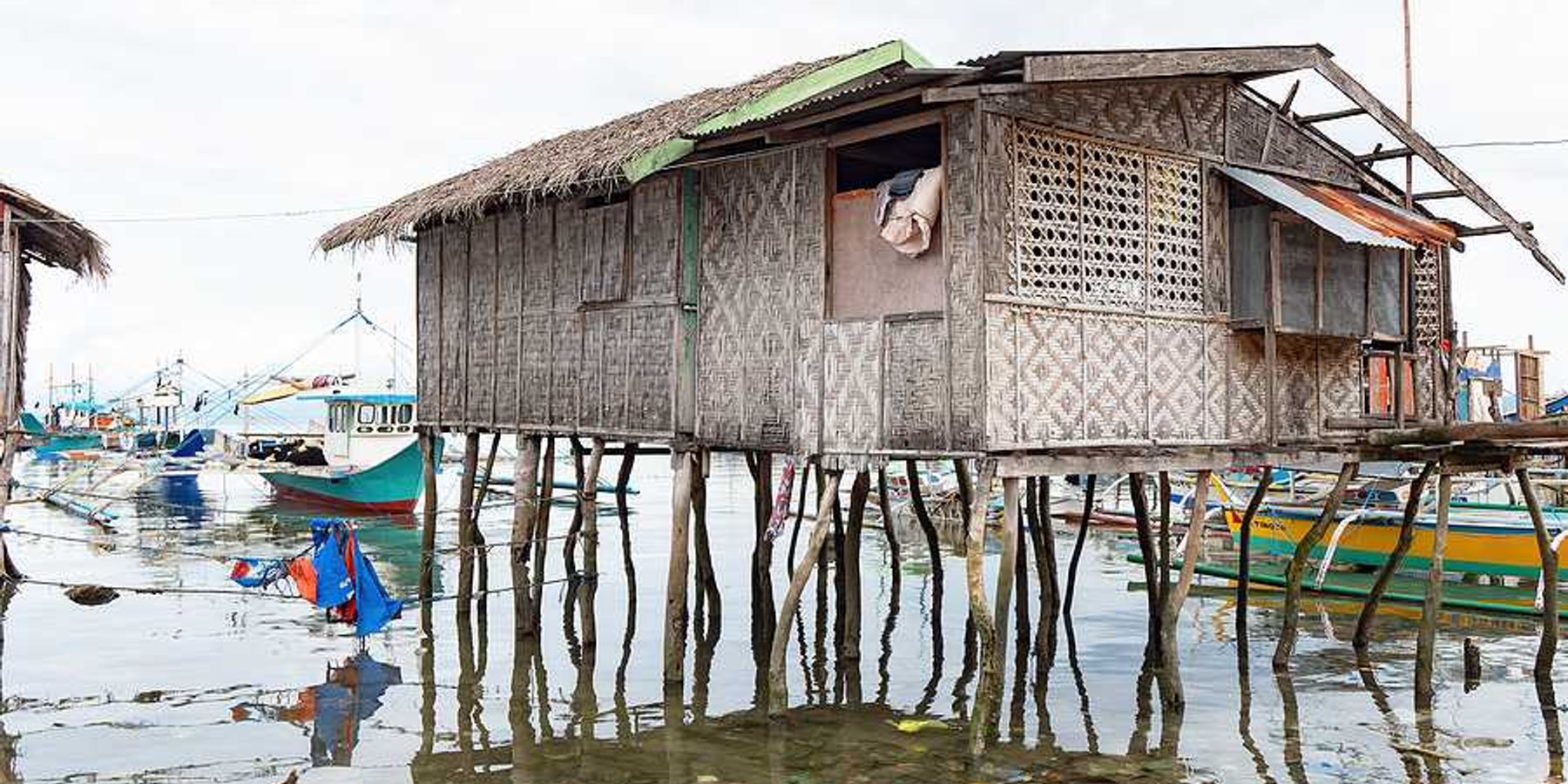bangladesh
Rising saltwater contamination threatens health in coastal Bangladesh
Saltwater intrusion in coastal Bangladesh is exacerbating chronic kidney disease, with residents forced to consume contaminated water for daily use.
In short:
- Chronic kidney disease (CKD) is increasing in Bangladesh’s coastal areas due to saline water consumption.
- Saline intrusion from rising sea levels and human activities like shrimp farming contaminates freshwater resources.
- Local infrastructure projects to provide clean water have stalled, worsening the public health crisis.
Key quote:
“These coastal communities are suffering the double burden of climate change.”
— Dr. Abu Mohammed Naser, University of Memphis
Why this matters:
Access to clean water is critical for preventing kidney disease and other health issues. Without improvements, the prevalence of CKD and related illnesses will likely rise, worsening the public health crisis in these communities.
LISTEN: Azmal Hossan on the sociology of climate crises in South Asia.
Coastal women in Bangladesh face health issues due to climate change
Women living in Bangladesh's coastal regions are severely affected by climate change-induced salinity, leading to various health complications.
In short:
- The increased salinity in coastal areas has led to reproductive health issues among women, including miscarriages and difficulties in pregnancy.
- Local women suffer from waterborne diseases, hypertension, and respiratory infections due to a lack of safe drinking water.
- Initiatives by Brac, such as the installation of water tanks, have provided some relief, but challenges remain, particularly during dry seasons.
Key quote:
"It is a very troubling situation for the women living here. Due to the saline water, women face difficulty in getting pregnant and have miscarriages frequently."
— Sumi Akter, Mongla resident.
Why this matters:
This issue highlights the direct human impact of climate change on health, particularly for vulnerable populations like women in coastal areas. It underscores the need for effective environmental and health policies to mitigate the consequences of climate change.
LISTEN: Azmal Hossan on the sociology of climate crises in South Asia.
‘Deadliest outbreak ever seen’: Climate crisis fuels Bangladesh’s worst dengue epidemic
Mosquito-borne disease once largely limited to Dhaka spreads countrywide as higher rainfall and heat lead to fivefold rise in cases in a year, with children the hardest hit.
Climate change: Bangladesh cultivates a new mindset of adaptation
Bangladesh approves $1.3bn wind farm amid dangerous pollution levels
The government of Bangladesh has given the green light to a Denmark-Bangladeshi consortium to build the country’s first 500MW offshore wind farm.
Bangladesh apparel industry makes progress in ‘eco-friendly’ manufacturing
In the last 15 years, Bangladesh has set an example of green and sustainable manufacturing by establishing numerous certified green factories.
Bangladesh apparel industry makes progress in ‘eco-friendly’ manufacturing
According to the United Nations Environment Programme, the fashion industry is responsible for 10% of carbon emissions annually. If the current pace of greenhouse gas emissions continues, it will surge by more than 50% by 2030.









